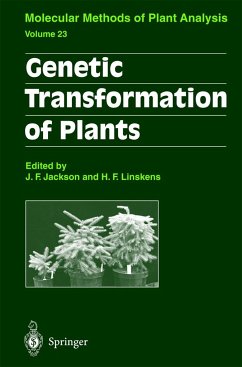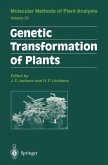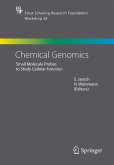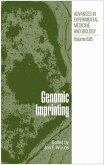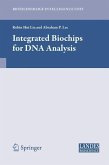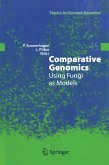Whilst genetic transformation of plants is commonly viewed as a means of bringing about plant improvement, it has not so readily been recognised as a tool for analysing the function of plant genes. This book is unusual in that it focuses on the genetic transformation of a range of plants using a number of different methods. Many plants have been found to be quite difficult to transform, and so various techniques were developed. These techniques include: Agrobacterium suspension drops, electroporation, PEG, "whiskers", and various biolistic methods. A chapter on intellectual and property rights is included.
Molecular Methods of Plant Analysis Concept of the Series The powerful recombinant DNA technology and related developments have had an enormous impact on molecular biology. Any treatment of plant analy sis must make use of these new methods. Developments have been so fast and the methods so powerful that the editors of Modern Methods of Plant Analy sis have now decided to rename the series Molecular Methods of Plant Analy sis. This will not change the general aims of the series, but best describes the thrust and content of the series as we go forward into the new millennium. This does not me an that all chapters apriori deal only with the methods of molecular biology, but rather that these methods are to be found in many chapters together with the more traditional methods of analysis which have seen re cent advances. The numbering of the volumes of the series therefore continues on from 20, which is the most recently published volume under the title Modern Methods of Plant Analysis.
Molecular Methods of Plant Analysis Concept of the Series The powerful recombinant DNA technology and related developments have had an enormous impact on molecular biology. Any treatment of plant analy sis must make use of these new methods. Developments have been so fast and the methods so powerful that the editors of Modern Methods of Plant Analy sis have now decided to rename the series Molecular Methods of Plant Analy sis. This will not change the general aims of the series, but best describes the thrust and content of the series as we go forward into the new millennium. This does not me an that all chapters apriori deal only with the methods of molecular biology, but rather that these methods are to be found in many chapters together with the more traditional methods of analysis which have seen re cent advances. The numbering of the volumes of the series therefore continues on from 20, which is the most recently published volume under the title Modern Methods of Plant Analysis.

